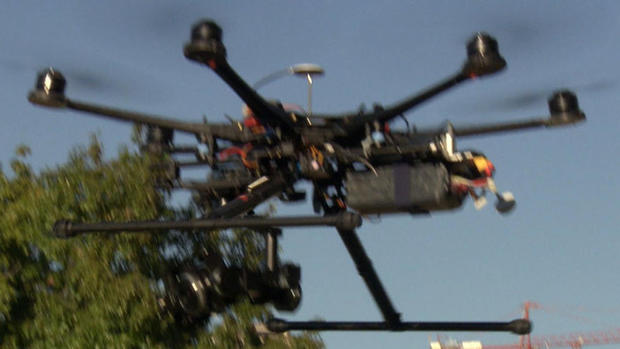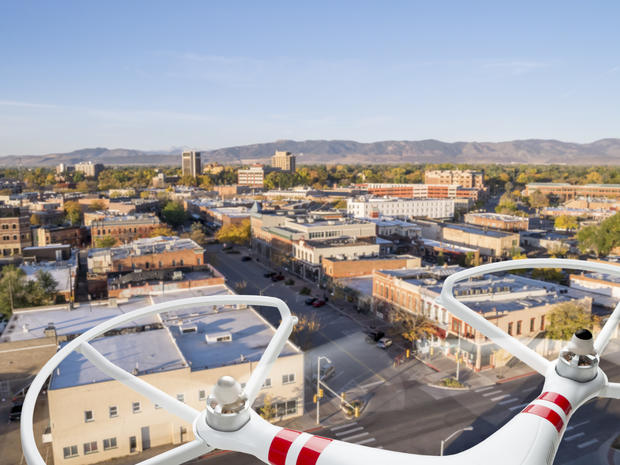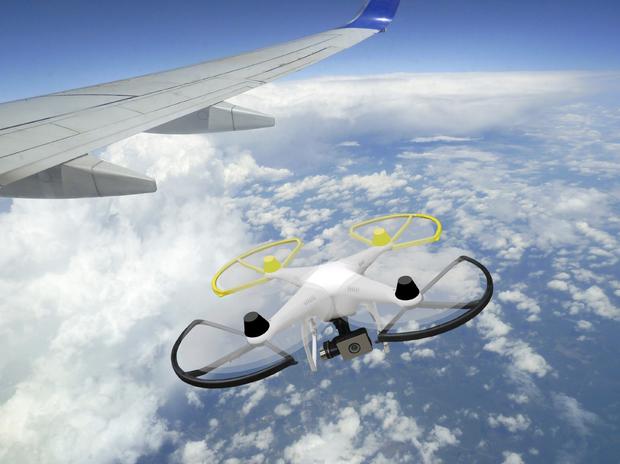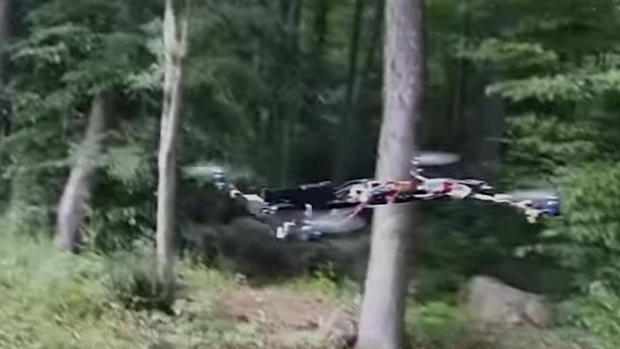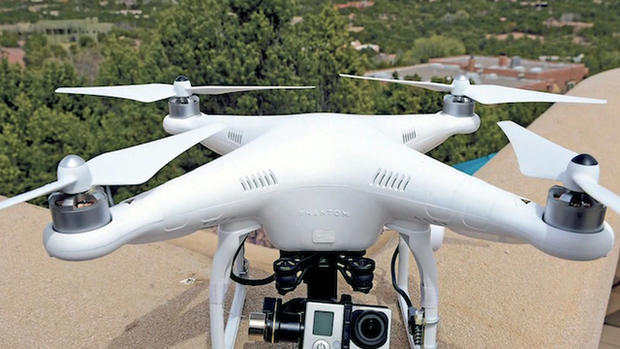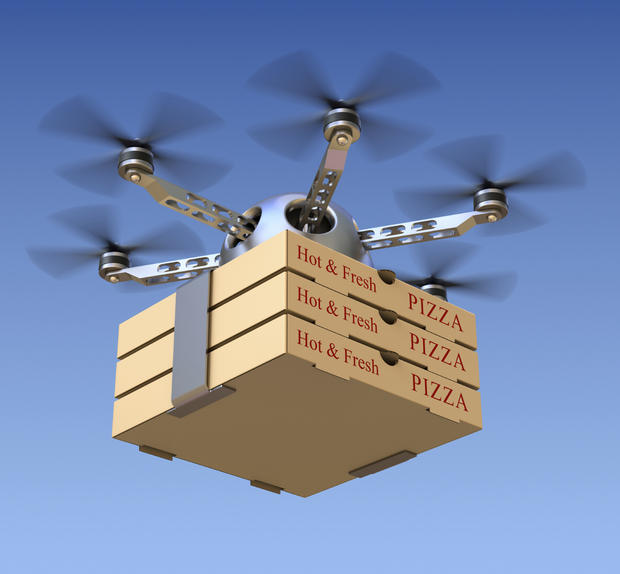5 issues drones will have to navigate
Unmanned aerial vehicles (UAVs), better known as drones, are one of the technological marvels of our age. They can document the aftermath of disasters without putting additional people at risk, and companies such as Amazon (AMZN) plan to use them for small package delivery in the not-too-distant future.
But the affordability and availability of drones are also prompting some serious legal, financial and practical questions. Here are five issues that governments and companies are grappling with as the fast-evolving technology becomes ever more widespread.
Air safety
A growing number of drones have been flown dangerously close to commercial aircraft, violating federal rules about their operation. And several weeks ago, a hobby drone flying above a wildfire in California forced officials there to ground fire-fighting aircraft due to safety concerns.
According to the FAA, more than 650 pilot have reported seeing unmanned aircraft as of Aug. 9 this year, compared to a total of 238 such sightings for all of 2014.
"These devices are becoming ubiquitous," former airline captain Chesley "Sully" Sullenberger said recently on the CBS program Face The Nation. Sullenberger, now a CBS News contributor, made headlines after safely landing a passenger jet crippled by a bird strike in New York's Hudson River in 2009.
"Imagine what a device ... can do that might weigh 25 or possibly up to 55 pounds to bring down an airplane," he warned. "It is not a matter of if it will happen. It is a matter of when it will happen."
Regulation
As of late last year, 36 states had introduced legislation to protect individuals from drone-related privacy invasion issues. But so far only 17 states have passed laws restricting drone usage.
And on the federal level, the FAA is expected to publish its plans for the "safe integration" of drones into U.S. airspace next month.
Flying weapons
A video published last month of a handgun being fired from a flying drone quickly went viral. It also brought both federal and state scrutiny to the issue of drones being turned into potential weapons.
The video was released by 18-year-old Austin Haughwout of Clinton, Connecticut. He wasn't charged with any criminal offenses because police said he hadn't violated any state laws. But the FAA is looking into whether he violated regulations that ban the careless or reckless operation of a model aircraft.
Lawmakers say the case has raised a new series of concerns.
"Drones present a new, unique set of policy questions," Sen. Chris Murphy, D-Conn., said in an interview with the Hartford Courant. "What happened in Clinton is really scary. We've got to make sure that our federal laws are pretty clear on some of these new, thorny questions. ... None of this is science fiction any longer."
The newspaper also reported that Connecticut's state senate is expected to make banning weapons on drones a priority issue when its new legislative session begins next February.
Insurance
Drones are also creating new questions for the insurance industry, especially when it comes to property damage and liability.
"These potential legal issues, combined with the uncertain regulatory atmosphere in the U.S., make insurance underwriting for drone liability a challenging endeavor," the multinational reinsurance firm Swiss Re wrote in a paper earlier this year. The company also mentioned the wide spectrum of variables that insurers must consider when dealing with drone-related coverage, such as potential aviation liability and workers' compensation issues.
However, companies such as insurance giant AIG (AIG) have already developed specific coverage packages described as being "tailored to the unique needs of individual operators of unmanned aircraft."
And in most cases, if a drone fell on your house or car, industry experts says a standard homeowner's policy or optional comprehensive insurance on your car would cover any damages.
"The reality is, from a coverage perspective, these things aren't any different from any other falling objects," Jeanne Salvatore, senior vice president at the Insurance Information Institute, tolds CBS MoneyWatch.
Crowded skies
The corporate sector, especially the big delivery and service companies, already has big plans for turning drone technology into new sources of revenue.
Amazon has announced its "Prime Air," a delivery system it says will eventually allow the company to "to safely get packages into customers' hands in 30 minutes or less" using small drones.
Last year DHL Parcel announced the start of regular, autonomous drone flights to a sparsely inhabited German island in the North Sea for scheduled deliveries of medications and "other urgently needed goods" to the local community.
Google (GOOG) also has a drone delivery service called Wing in the works.
Experts say the major issue for these companies is the current lag time between drone technologies and official policies about drone usage.
Lisa Ellman, co-chair of the Unmanned Aircraft Systems Group at the Hogan Lovells law firm, has worked with the Obama administration on drone regulatory issues. In an interview with Tech.Co, Ellman said she expects some "major advancement" on drone policy in the near future, including rules that will prohibit drone flights in cities and crowded areas.
But beyond those bans, "we'll see growth in the drone services industry and drone technologies," she added. "The best part though, is that regardless of where it's going, it won't stop growing."
